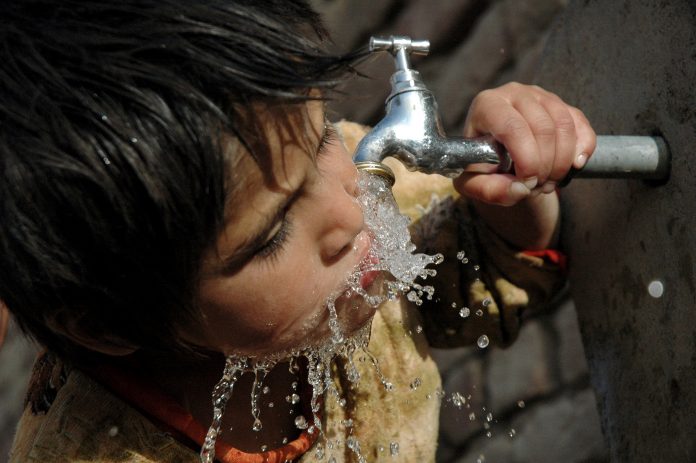Ahead of International Roma Day on 8 April, First Vice-President Frans Timmermans and Commissioners Johannes Hahn, Marianne Thyssen, Vĕra Jourová, Corina Creţu stated:
“Today, we celebrate Roma culture and remember their history, which has been an intricate part of Europe for centuries. Despite being Europe’s largest minority, Roma communities still suffer from widespread discrimination and marginalisation. This prevents them from accessing fundamental rights to education, employment, decent housing or basic health services.”
The Roma are Europe’s largest minority community – with 6 million Roma living in the EU and 4 million in the enlargement region (Montenegro, Serbia, North Macedonia, Albania, Bosnia and Herzegovina, Kosovo and Turkey).Yet, they have long faced inequalities, social exclusion, discrimination and marginalisation.
Antigypsyism is on the rise
“We are witnessing extreme speeches, including from politicians, and the spreading of hate speech and fake news online. Words lead to hate, and hate leads to violence. We have to be vigilant that Roma do not again become the target of harassment and attacks. We must learn from our history and we must prevent fanning the flames of past hatred. To do this we need to firmly stand by our founding values. The EU stands for a society where equal treatment is the reality for all minorities, and in which the same rights and opportunities are afforded to Roma communities as to anyone else. This is who we are,” they stated.
The European Commission’s recent evaluation of the 2011 EU Framework for National Roma Integration Strategies up to 2020 has assessed how Roma Integration Strategies have been implemented across the EU. The Roma Civil Monitor pilot project shows some positive improvements, in particular in the field of education, but more needs to be done to fight discrimination and promote the social and economic inclusion of Roma communities. EU action has provided added value to national Roma policies and their implementation through political, governance and financial dimensions.
“International Roma Day is an opportunity to look at what has been done at EU and national level to improve Roma inclusion. The work of Member States has been guided by the EU Framework for National Roma Integration Strategies since 2011 with EU funds also available to support the integration of Roma. This strategy is bearing fruit; we are seeing improvements, particularly in the field of education. But, we still have a long way to go to make sure that Roma communities can fulfil their potential. The European Commission encourages EU countries, as well as partners with a European Perspective, to uphold their commitments, to strengthen the fight against discrimination and to support Roma participation and representation in the political sphere, in our economies and societies. They are us” stated Frans Timmermans and the Commissioners.
The Commission supports the inclusion of Roma communities through different projects and funding:
– Cohesion Policy: A specific objective in the Commission’s proposal for the new European Social Fund Plus for the 2021 to 2027 period will be dedicated to advance social inclusion of marginalised groups. The European Regional Development Fund will continue to support infrastructure in childcare, healthcare, social care, education and housing.
– The JUSTROM programme empowers Roma women and supports victims of discrimination;
– The INSCHOOL programme promotes inclusive education and desegregation for Roma children.
– The ROMACT and ROMACTED programmes, initiatives set up in 2013 and 2016 respectively, also help the Roma community by supporting local authorities in 180 municipalities in EU and enlargement countries by designing, funding and implementing policies and public services aimed at creating a more inclusive society for Roma. These initiatives are joint programmes between the Commission and the Council of Europe.
– The situation of minorities such as the Roma is taken into consideration in assessing the capacity of potential candidates and candidate countries to become members of the European Union. The Commission supports governments and civil society in the Western Balkans and Turkey at local, national and regional levels for the implementation of Roma integration projects. For the 2021-2027 period, actions will focus on education, employment, health, housing and civil documentation as well as on cross-cutting issues contributing to gender equality and combatting discrimination.
A study mapping research on Roma Children was presented at the 12th European Forum on Rights of the Child. It makes recommendations to all those involved in Roma integration, including the European Union, national, regional and local government, NGOs and other organisations, and donors.
For the third year in a row, the European Commission joins the initiative of the European Parliament, together with European umbrella civil society organisations, to host a series of events to mark International Roma Day.

